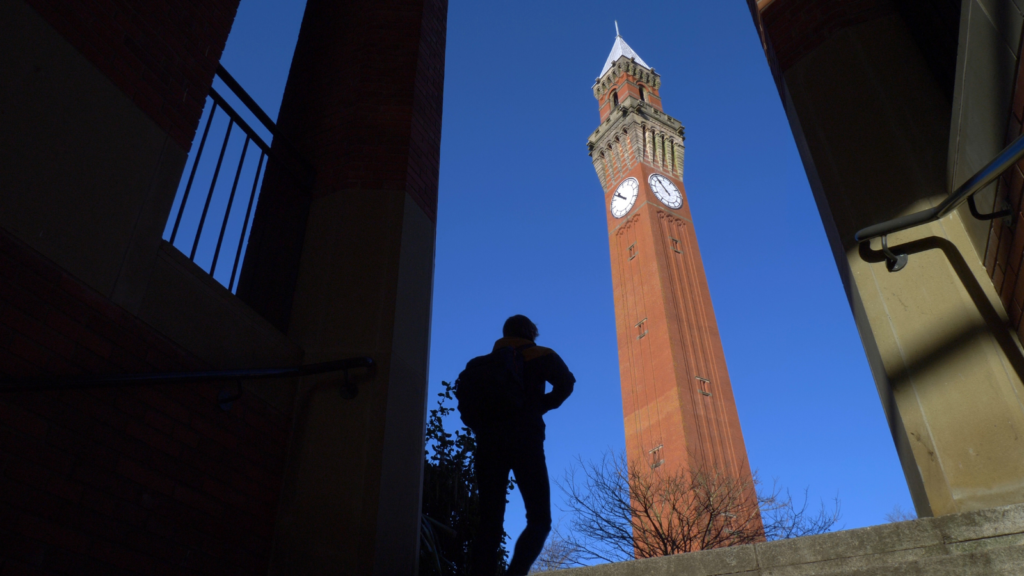
John Goddard discusses the challenges of 'levelling up' within the higher education sector and how they can play a leading role going forward, post-pandemic.
The challenges of ‘levelling-up’ cities and regions of the country will not go away. Universities can and do play a leading role as ‘anchor institutions’ throughout the country with a huge sunk capital and social investment contributing to place-making in the round.
Universities played a key role during the pandemic which was an economic crisis. They are even more significant as we enter yet another period of economic turbulence with widening geographical disparities. They are here for the long haul!
More specifically, universities are major employers in their own right, local procurers of goods and services. The activities of their staff and students have a direct economic, social, and cultural impact. Through collaborative research with businesses, public authorities, and the community and voluntary sectors, universities can contribute to innovation in all manner of organisations, including helping them confront global challenges like climate change locally.
They can use their independent status and analytical insights to bring all stakeholders together in the co-creation of knowledge. Through education, they contribute to the skills needed to link research to innovation and ensure that students from less advantaged areas have access to local employment opportunities so that they do not need to move away. Last but not least, they have global reach and can help attract and inward investment to their city and region.

Data
Evidence of the scale of the contribution of the universities in Birmingham can be found in our data lab where users can access information both about all universities and their localities across England.
From this source it is clear that the University of Birmingham exhibits many of the characteristics of an anchor institution, acting with and for the City and wider region. It is an investment in establishing City-REDI and the appropriately named Exchange building in the City Centre bears witness to this.
From within the University, City-REDI is providing evidence to guide and evaluate the impact of policies and practises that can contribute to long-term local economic and social development.
A good example of this is working with the Birmingham Chamber using Foresight methodologies to identify megatrends that can be used to transform future challenges into opportunities for Greater Birmingham.

Policy
But activities like this must be sustained by government policy. To this end, we have been seeking to shape the national discourse about the contribution that universities can make to levelling up. In this respect, the Levelling Up White Paper is strangely silent, no doubt because of silos within the central government between those departments responsible for research, innovation, higher education, and local government. So, we will be responding to the challenge issued by Lord Kerslake in a recent Policy Forum that we hosted using it to help us write ‘the missing chapter’ in the White paper.
As many national politicians have said, every area of the country can engage with the levelling up agenda, provided they can put forward viable projects and demonstrate effective partnership and accountability arrangements.
National Network of Civic Universities
The national network of civic universities has shown that universities can play a role through Civic University Agreements drawn up with local partners.
With the funding from Research England, the NCIA’s vision is to increase the connectivity, momentum, and effectiveness of the HE sector’s civic activities for local societal, economic, and environmental benefit and maximise the contribution universities can make towards addressing societal challenges and responding to policy priorities.
Experience with the process of preparing such agreements suggests that localities that are best prepared and most agile will gain the most. Key ingredients everywhere are joint leadership between universities, businesses and local government in the delivery of planned investment. And doing this in consultation with the wider public.
Collaboration and Partnerships
The partnerships between Birmingham City Council, the University of Birmingham, the other universities, the West Midland Combined Authority and the Chamber of Commerce indicate that we are well placed to address the levelling up challenges, including those of so-called ‘left behind’ communities in our region.
This blog was written by John Goddard, Professor of Universities and Cities, City-REDI / WMREDI, University of Birmingham.
Disclaimer:
The opinions presented here belong to the author rather than the University of Birmingham.
To sign up for our blog mailing list, please click here.
